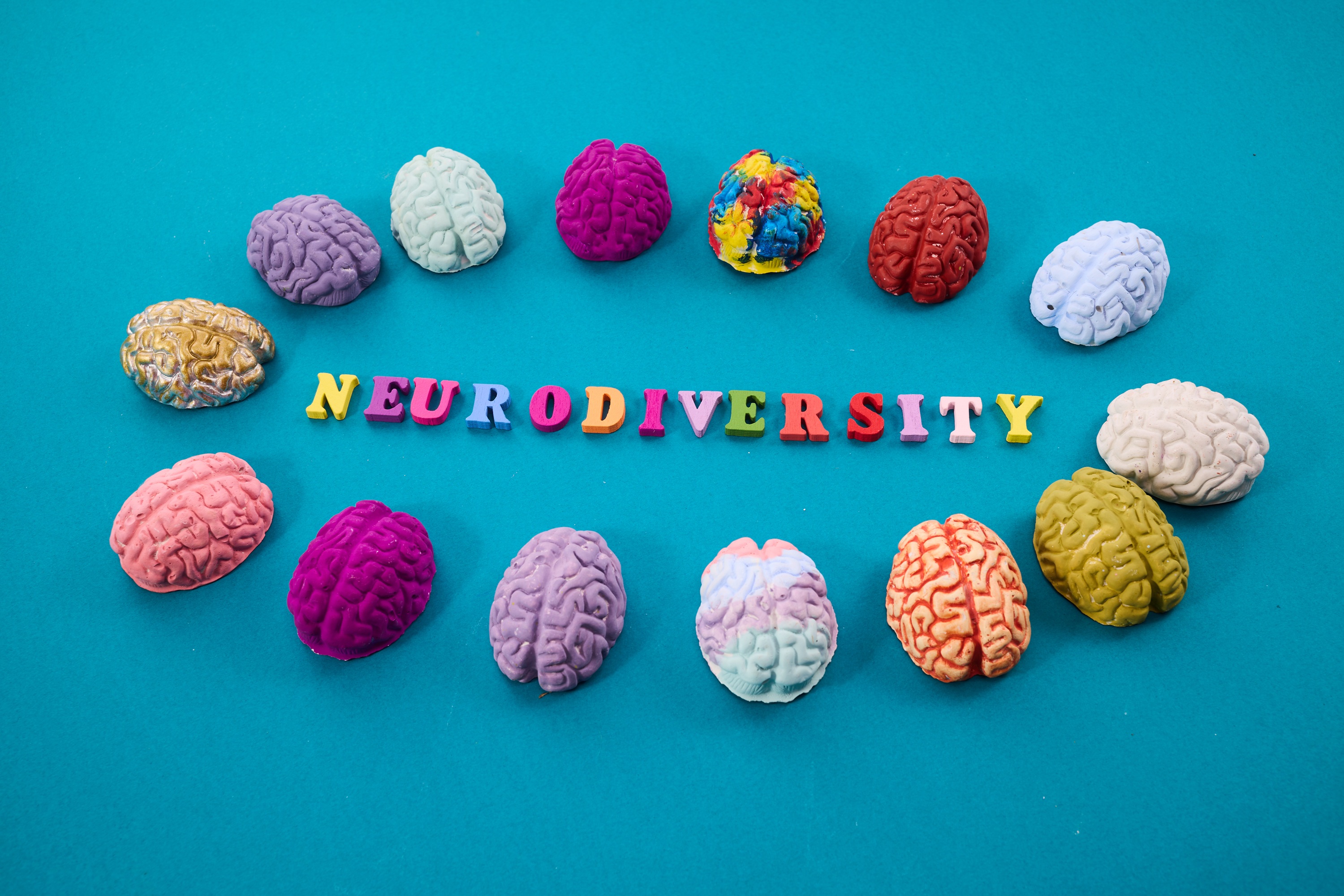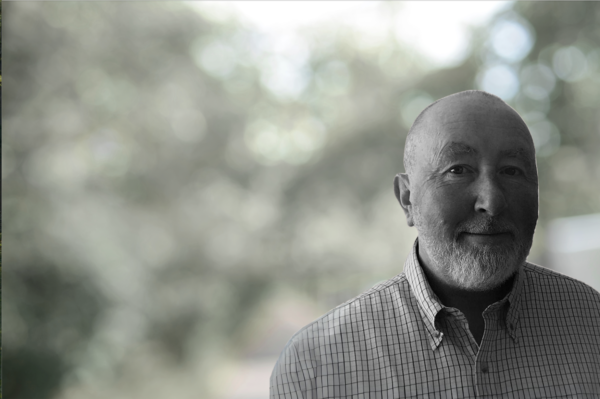Neurodiversity is a concept that has gained increasing recognition over the past few decades1, shifting the way we perceive conditions like autism spectrum disorder (ASD), attention deficit hyperactivity disorder (ADHD), and dyslexia.
Historically, neurodivergence was often misunderstood and pathologised2; today, however, we are beginning to understand that neurological differences are not deficits but variations in human cognition that can bring extraordinary strengths.
Despite this progress, neurodivergent individuals still face challenges: from difficulties in traditional education settings, to struggles with mental health and employment3.
Research indicates that around 15-20% of the global population is neurodivergent4, yet many continue to experience discrimination or lack access to proper support. However, history shows us that some of the greatest minds – scientists, artists, entrepreneurs, and activists – have thrived because of, not in spite of, their neurodivergence5. Below, we explore six famous people who have leveraged their unique neurological differences to change the world.
If you or someone you know shows signs of neurodivergence and is experiencing issues with mental health, contact us today →
What exactly is neurodivergence? The clinical perspective
Neurodivergence is an umbrella term that refers to individuals whose brain function differs from the neurotypical norm6. From a clinical standpoint, neurodivergence is often linked to differences in brain structure, chemistry, and neural connectivity.
These differences can affect cognition, perception, memory, and emotional regulation in a variety of ways.
Some of the most commonly recognised neurodivergent conditions include:
- Autism Spectrum Disorder (ASD): characterised by differences in social interaction, communication, and sensory processing.
- Attention Deficit Hyperactivity Disorder (ADHD): marked by symptoms such as impulsivity, hyperactivity, and difficulties with sustained attention.
- Dyslexia: a learning difference affecting reading and language processing.
- Tourette Syndrome: a neurological condition associated with physical tics and vocal outbursts.
- Obsessive Compulsive Disorder (OCD): a disorder involving intrusive thoughts and repetitive behaviours.
While neurodivergence can present certain struggles, it can also be associated with unique cognitive strengths such as hyper-focus, heightened creativity, and unconventional problem-solving abilities.
In real-world terms
Neurodivergent individuals often experience the world in different ways. For example, a child with ADHD may struggle in a traditional school setting due to difficulties with sustained attention, but might excel in creative problem-solving tasks; someone with autism spectrum disorder might find social interactions challenging, but could have an exceptional ability to focus on complex topics for extended periods.
Mental health challenges, such as anxiety or depression, are also more common among neurodivergent individuals7, often stemming from a world that isn’t designed to accommodate neurological differences. However, with the right support and understanding, neurodivergent individuals can thrive and contribute extraordinary things to society.
Greta Thunberg
The world-renowned environmental activist Greta Thunberg has spoken openly about her Asperger’s syndrome diagnosis. She describes her autism as her “superpower,” allowing her to see climate change in a stark, uncompromising way8.
“I have Aspergers and that means I’m sometimes a bit different from the norm. And – given the right circumstances – being different is a superpower.”
- Greta Thunberg
Thunberg’s single-minded focus and determination have helped her mobilise millions in the fight against climate change9. She has redefined what it means to be a young leader, proving that different ways of thinking can drive change on a global scale.
Bill Gates
The Microsoft co-founder – one of the greatest and most well-known minds in the tech world – is widely speculated to have autism spectrum disorder.
While any formal diagnosis has remained private, Gates is known for his intense focus, analytical thinking, and preference for structure, and has truly revolutionised the way the world interacts with technology.
“I needed my neurodiversity to write that software.”
- Bill Gates
Gates himself has said that his neurological differences have allowed him to see patterns and connections that others might overlook10, fueling his success as an entrepreneur and philanthropist.
Simone Biles
Olympic gymnast Simone Biles, diagnosed with ADHD at an early age11, has spoken openly about taking medication to manage her symptoms. Her neurodivergence has likely contributed to her unparalleled ability to hyperfocus on training, precision, and performance.
In addition, Biles’ advocacy for mental health awareness12 has helped destigmatise both ADHD and the importance of mental wellbeing among elite athletes.
Emily Dickinson
One of history’s most celebrated poets, Emily Dickinson, is believed to have exhibited traits consistent with autism spectrum disorder13.
“In her poetry, Dickinson relied on metaphors and symbolism and explored themes close to autism. She knew that she was different and felt alienated from the rest of the world. Her sense of alienation expressed itself, for instance, through the repeated image of a boat or a swimmer bobbing up and down, alone on a vast sea.”
- Clara Törnvall (author, The Autists)
Known for her preference for solitude and her highly structured, unique style of writing, Dickinson’s neurological differences may have shaped her poetic genius. Her work continues to inspire readers worldwide, demonstrating that neurodivergence can be a source of profound artistic insight.
Ingvar Kamprad
“We have to still face the problem of framing the human being inside all the information we now have available. We must find our own way of framing the possibilities we have acquired.”
- Ingvar Kamprad
The founder of IKEA, Ingvar Kamprad, was diagnosed with dyslexia – a condition that shaped the way he built his global empire14. To make navigation easier for customers, for instance, he introduced IKEA’s signature product-naming system, replacing numerical codes with memorable Swedish names. Kamprad’s ability to think in different ways helped revolutionise affordable and accessible design worldwide.
Cher
The iconic American singer and actress, Cher, has also been diagnosed with dyslexia and has spoken openly about the struggles she faced in school15. Despite difficulties with traditional learning, she leveraged her creative genius to build a multi-decade career in entertainment.
“It was like a big, Ohhh…Now I understood everything, why I had so much trouble with school. It all fit together.”
- Cher
Her indomitable perseverance and ability to think outside the box have made her an icon and legendary figure in modern culture.
Different, not deficient
These individuals are just a few – of many – examples of how neurodivergence can lead to extraordinary achievements. Whether in science, activism, sports, business, or the arts, neurodivergent people contribute immense value to society16.
While challenges remain, the world is beginning to recognise that neurological differences are just that: differences, not deficits. As we continue to shift toward greater acceptance and understanding, we can create a world where neurodivergent individuals are empowered to reach their full potential.
If you or someone you love is struggling with mental health challenges related to neurodivergence, Orchestrate Health is here to help. Reach out today to learn more about how we can support you on your journey.
References
- https://news.sky.com/story/neurodivergence-in-the-arts-revealing-my-adhd-was-the-best-thing-13240450
- https://www.discovermagazine.com/mind/how-has-neurodivergence-shaped-human-history
- https://www.linkedin.com/pulse/challenges-being-neurodivergent-workplace-sisgigroup-bhogc#:~:text=Individuals%20with%20neurodivergent%20conditions%20often,not%20fit%20a%20company’s%20archetype%E2%80%9D.
- https://www.nm.org/healthbeat/healthy-tips/Understanding-Neurodiversity#:~:text=About%2015%25%20to%2020%25%20of,Attention%2Ddeficit%20disorders
- https://www.ceotodaymagazine.com/2024/06/10-highly-successful-people-you-didnt-know-were-neurodivergent/
- https://my.clevelandclinic.org/health/symptoms/23154-neurodivergent#:~:text=The%20term%20%E2%80%9Cneurodivergent%E2%80%9D%20describes%20people,twins%20%E2%80%94%20are%20exactly%20the%20same.
- https://www.psychologytoday.com/gb/blog/pathways-of-progress/202108/is-there-a-link-between-neurodiversity-and-mental-health
- https://exceptionalindividuals.com/about-us/newsletters/dec-2021/greta-thunberg-aspergers-is-my-superpower/
- https://www.theguardian.com/environment/2019/sep/02/greta-thunberg-responds-to-aspergers-critics-its-a-superpower
- https://news.sky.com/story/bill-gates-says-he-would-be-diagnosed-with-autism-if-he-was-young-today-13302359
- https://adhduk.co.uk/2022/08/13/simone-biles/
- https://www.olympics.com/en/news/simone-biles-exclusive-mental-health-debate-gymnastics-jade-carey-jordan-chiles-ellie-black
- https://overland.org.au/2023/10/shes-not-high-functioning-shes-just-emily-dickinson-clara-tornvalls-the-autists/
- https://dyslexiahelp.umich.edu/success-stories/ingvar-kamprad
- https://www.understood.org/en/articles/celebrity-spotlight-superstar-cher-triumphs-with-dyslexia-and-dyscalculia









